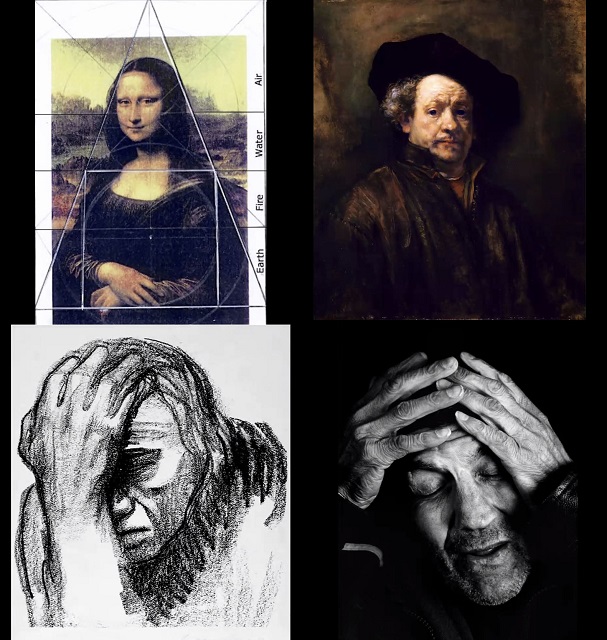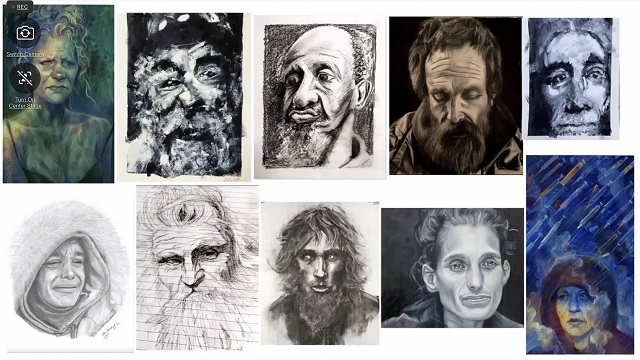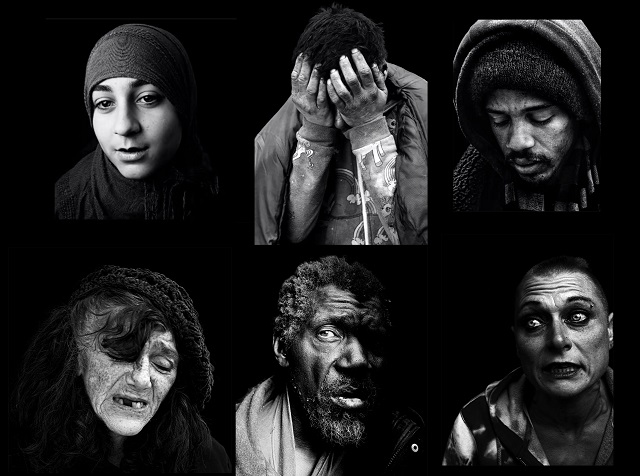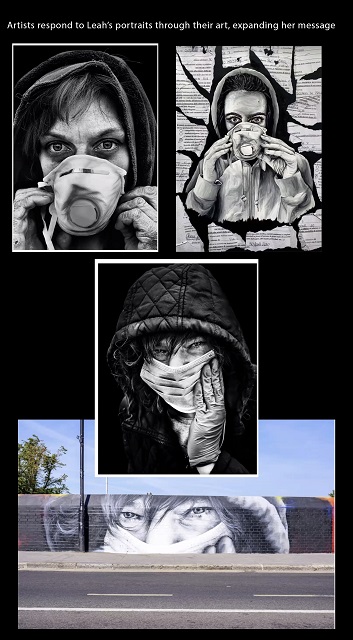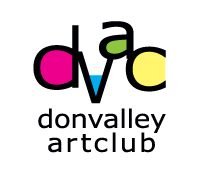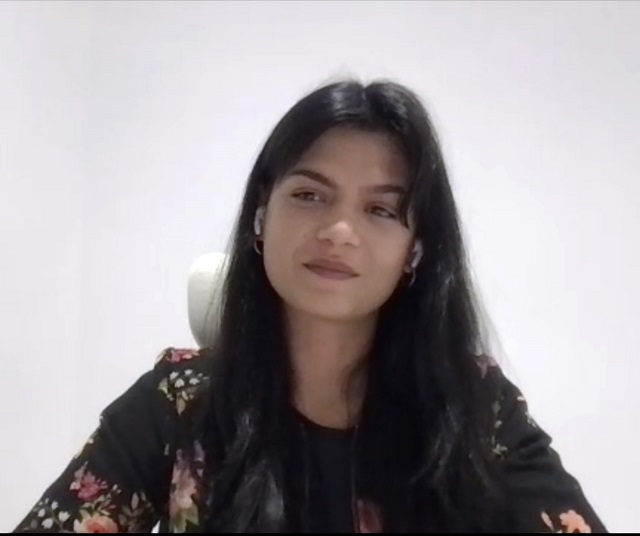
Leah Den Bok – Friday Night Guest – April 21, 2023
(Submitted by Sally Williams)
Last Friday, award-winning photographer Leah Den Bok graciously joined us from her current home in Spain to talk about the humanitarian side of her photography practice.
Leah has happily spent time behind the lens since she was 12 years old. Saving her money to buy her first camera and, encouraged by her father (an artist), she captured all subjects. However, it was National Geographic photographer Joel Satore who suggested her strength lay in portraiture and mentored her. After CBC’s The National (and CBS) featured Leah’s photography and stories of people experiencing homelessness, she attracted global attention and has now traveled to many countries, photographing homeless people and sharing their stories. She is currently working on her fifth book in the series Nowhere to Call Home—Photographs and Stories of the Homeless (100% of the proceeds are donated to organizations working to address homelessness). When not advocating for homeless people, she is a respected and sought after fashion and portrait photographer.
Journeying south from Collingwood to Toronto, many years ago was an eye-opening experience into the growing homeless crisis in Canada’s largest city. Also obvious to Leah was how invisible homeless people are (unless people are actively avoiding them, by crossing the street or giving someone asking for money a wide berth). How does that further impact a homeless person’s sense of self-worth and contribute to mental illness?
This is a very personal subject for Leah, as her own mother was homeless at just three years of age and taken in by Mother Teresa’s orphanage and adopted when she was five. To this day, Mother Teresa’s words “If you judge people, you have no time to love them” guide Leah’s her moral compass and her desire to do what she can. She often quotes a poem by Edward Hale, “I am only one, but still I am one. I cannot do everything, but still, I can do something; because I cannot do everything, I will not refuse to do something that I can do.”
Leah pointed out the similarities between art and photography when it comes to composition and light: DaVinci’s triangle composition for example. Rembrandt’s use of high contrast between light and dark, etc. When it comes to lighting and composition, Leah cites UK photographer Lee Jeffries as a major influence on her humanitarian work, and German printmaker and social protest artist Kathe Kollwitz (using light and contrast to highlight the facial features and hands heightens the isolation and anxiety felt by Leah’s subjects).
Humans worthy of love were given thoughtful attention as Leah introduced us to those who had agreed to pose for her. Each person had a name and a story. Some have died. Most have family they are not in contact with. Whenever possible, Leah returns to visit those she has photographed, showing them her books that help communicate her message around the world. A few are hesitant to talk much, but most ease into the conversation and pour their heart out to Leah. All are grateful to be seen. Leah’s books have also brought comfort to family members unable to maintain relationships with the homeless person in their life.
Leah’s sensitive portraits help break down the stereotypes that influence the way homeless people are treated and ignored. At first glance the images are strikingly beautiful and emotional. When realization hits that these are real people captured in situ, the reaction shifts to compassion.
The Q&A included safety (and knowing when an individual doesn’t really want to engage) and what can we do, besides donate financially?
- Show dignity. Don’t ignore someone. Talk to them. Help them feel seen and heard.
- Support organizations fighting homelessness.
- It’s critical that we persistently hold local MPs, city and provincial governments accountable. Tackling the housing crisis, out of control rental prices and providing affordable housing will greatly help our cities’ most vulnerable residents.
- Use your creative talent! Art has always been a powerful communication tool and Leah is happy that her photography has inspired painted portraits and large outdoor murals.
Leah paused her talk to let us watch a beautiful slide show of her portraits accompanied by Tenille Townes’ song Somebody’s Daughter, the lyrics elevating each portrait that came into view.
Addressing the issue of homelessness is so important to Leah, you’d never know there was a six-hour time difference as she shared her journey and creative practice. We are so appreciative of the time Leah gave us (it was after midnight her time when she joined us!).
You can find out more about Leah’s photography and humanitarian work via her website here (and purchase her beautiful books):
https://www.humanizingthehomeless.org
https://www.instagram.com/humanizing_the_homeless/?hl=en
